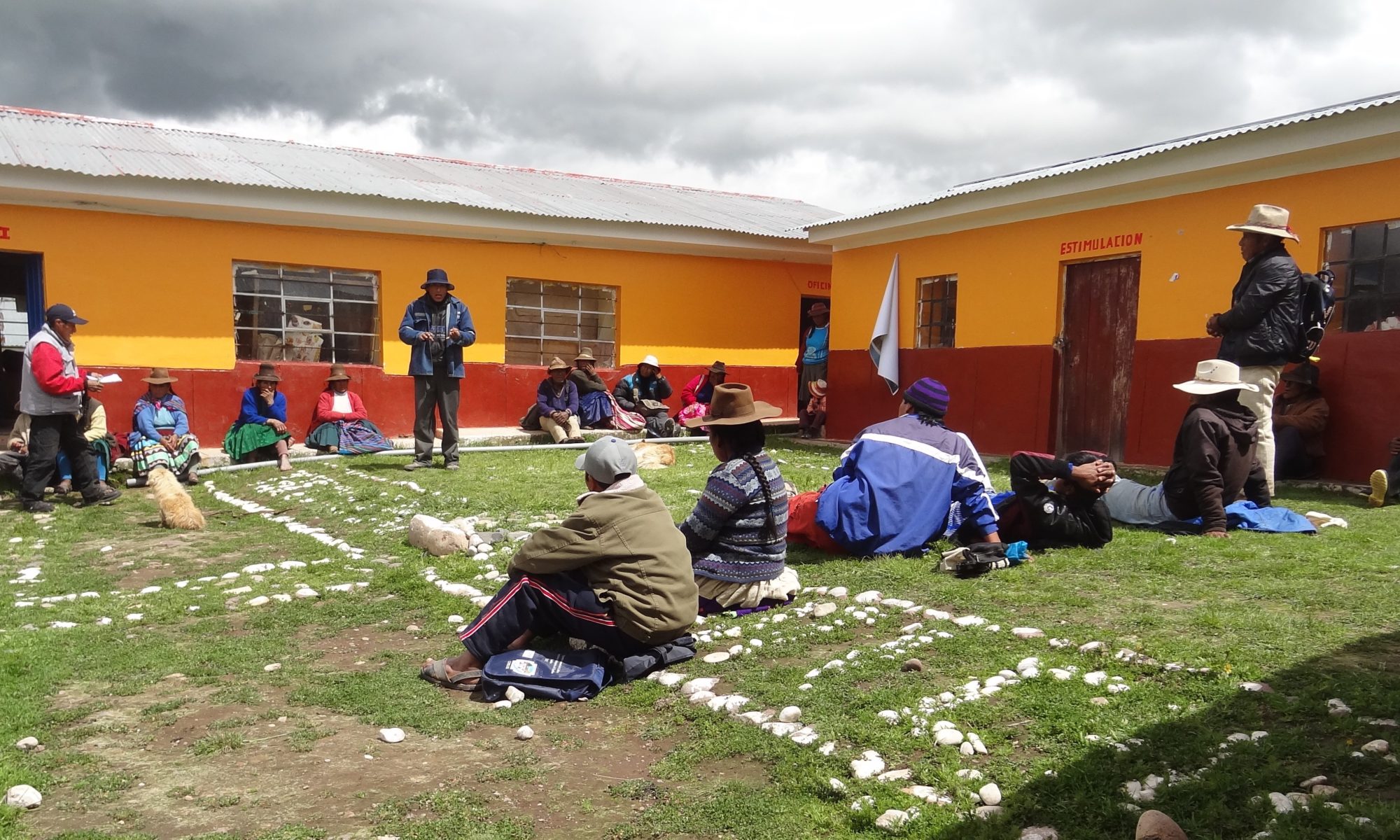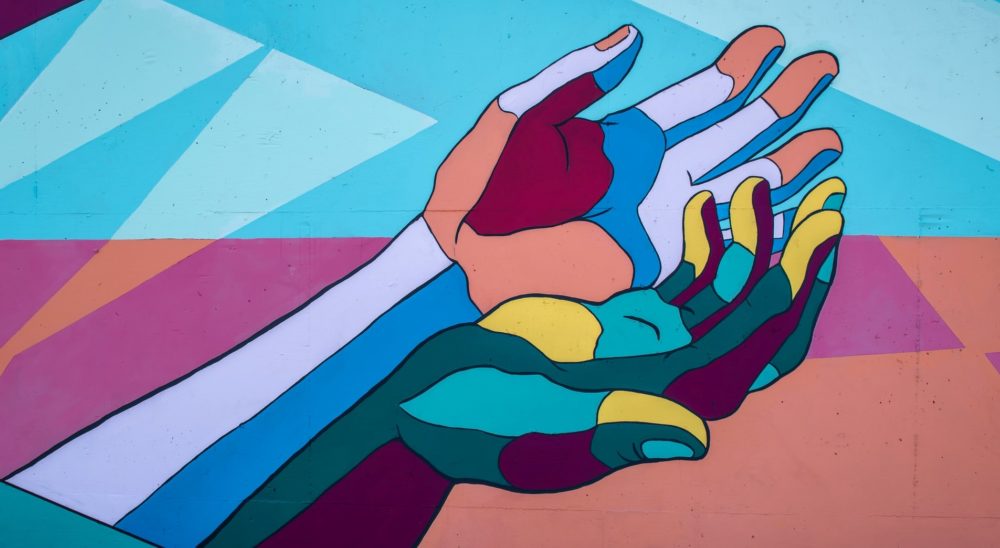By Siri Eriksen, Marianne Mosberg, Benard Muok, Katharine Vincent, Lisa Schipper, Morgan Scoville-Simonds
Climate change requires rethinking development. Yet, in the (understandable) rush to support adaptation, this has taken place within the structures and process of existing development paradigms. As a consequence, similar to well-known critiques of the development architecture, many adaptation-interventions reproduce both the development problems and the skewed power relations that have contributed to vulnerability in the first place. Continue reading “Why Does Climate Adaptation End Up Repeating, Rather Than Rethinking, Old Development Mistakes?”





